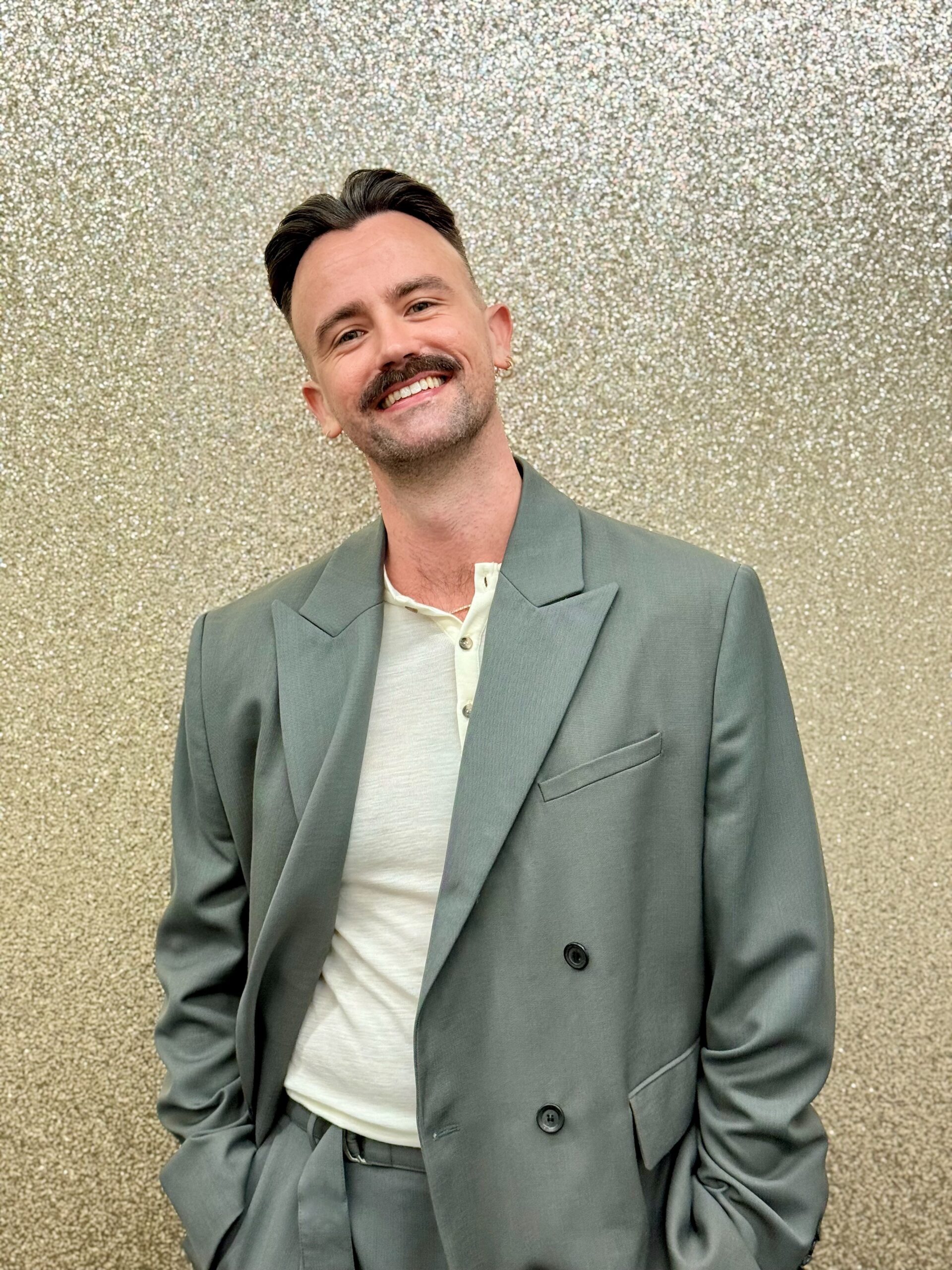This is easily the most common problem we see in pet rabbits coming to our practice. The biggest UK–based study has shown that this is sadly also the second most common cause of mortality in pet rabbits.
There are many reasons why your beloved bunny stops eating, these include teeth problems, incorrect diet, and blockage in the intestines.
Rabbits need constant passage of food through their gut to maintain its normal function. Any period of not eating lasting longer than eight hours brings potential risk of gut stasis, where the gut movement slows down or stops completely, leading to overproduction of gas and eventually bloat.
The perfect diet for rabbits contains large amounts of fibre and should avoid easily fermenting carbohydrates. . .
In such cases you should always seek help from a veterinary surgeon who is skilled in small mammal medicine, as untreated inappetence in rabbits will always be fatal. What is just as important is to know how to prevent these episodes of anorexia and gut stasis.
Correct diet and husbandry will have a major impact on your rabbit’s appetite. Good quality hay, preferably timothy or alfalfa, should always make up 80 per cent of their daily ration and be available.
On top of that they should get a handful of fresh mixed leafy greens and a very small amount of good quality nuggets (not muesli based).
The perfect diet for rabbits contains large amounts of fibre and should avoid easily fermenting carbohydrates, this means only very small and infrequent amounts of treat foods like carrots.
This high fibre diet will also promote plenty of chewing that will have a positive impact on dental health. The main reason for dental problems is inappropriate diet, overfeeding with nuggets, not enough hay, too many high sugar/high energy foods, all of these will reduce fibrous food intake and time spent on chewing which is a direct reason for molars to become overgrown.
Most intestinal blockage cases occur in long hair breeds due to increased hair intake during self-hygiene, forming trichobezoars (furballs!) Regular brushing should reduce the risk, but in case it is difficult, feeding fresh pineapple can also help, as pineapple juice contains enzymes which dissolve keratin from hair and make it easier to pass.
Lucas Gosciek MRCVS
Veterinary Surgeon
Severn Edge Vets, Bridgnorth






